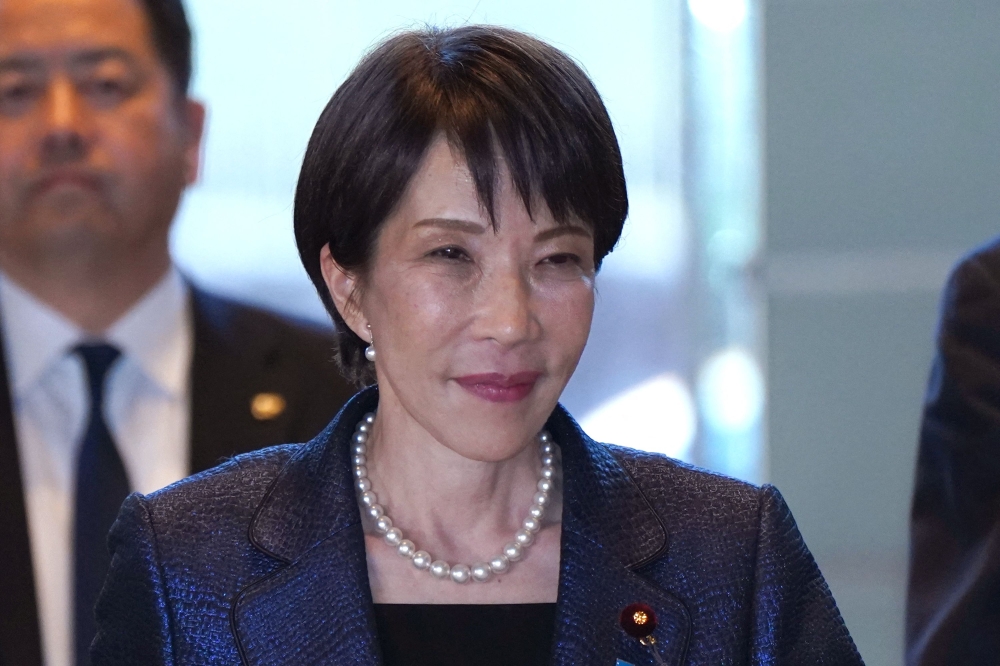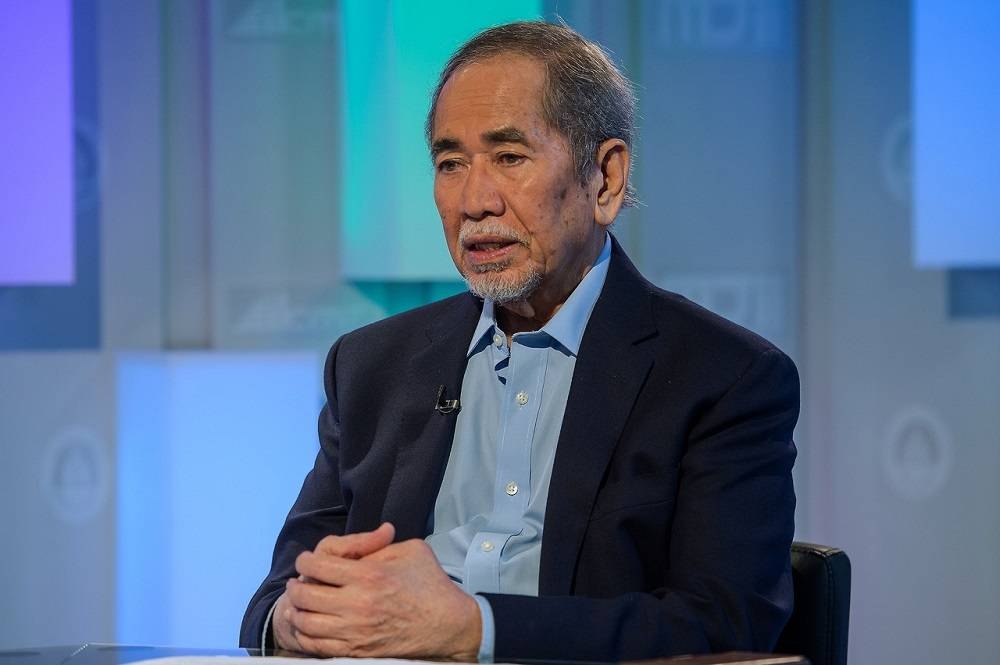KUALA LUMPUR, June 10 — The government has agreed to abolish the mandatory death penalty and substitute sentence at the discretion of the court, de facto law minister Datuk Seri Wan Junaidi Tuanku Jaafar announced.
In a statement today, he also confirmed that the Cabinet has agreed that further scrutiny and study be carried out on the proposed substitute sentence for 11 offences carrying the mandatory death penalty, one offence under section 39B of the Dangerous Drugs Act 1952 [Act 234] 2 and 22 other offences which carry the death penalty but at the discretion of the court.
This further study will be carried out in collaboration with the Attorney General’s Chambers (AGC) Legal Affairs Division, the Prime Minister’s Department and other interested ministries and departments.
"This action is very significant to ensure that the amendments to the relevant Acts take into account the principles of proportionality and constitutionality of any proposal to the government later," Wan Junaidi said.
He added that the decision was reached following a presentation of the report on the Study of Substitute Sentences on Mandatory Death Penalty by him, during the Cabinet Meeting on June 8.
"The government also in principle, accepted and took note of the recommendations of the Special Committee on Substitute Sentences on Mandatory Death Penalty, which was explained through the report on the study," he said.
The committee is headed by former Chief Justice Tun Richard Malanjum and is made up of experts in the field of law such as the former Chief Justice of Malaya, former Solicitor General, legal practitioners, law lecturers from leading universities and criminologists.
Malaysia has had a moratorium on all executions since 2018 while awaiting recommendations from the committee.
In August 2019, the Pakatan Harapan (PH) administration formed the Special Committee to Review Alternative Punishments to the Mandatory Death Penalty to examine alternatives to the mandatory death sentence.
The PH government, however, collapsed in February 2020, before the Bill for the abolition of the death penalty could be tabled in the March meeting of Parliament that year.
Wan Junaidi had previously said that before the government decides on any amendments, it needed to determine the effectiveness of capital punishment as a deterrent to crime while also looking at alternative punishments.


















